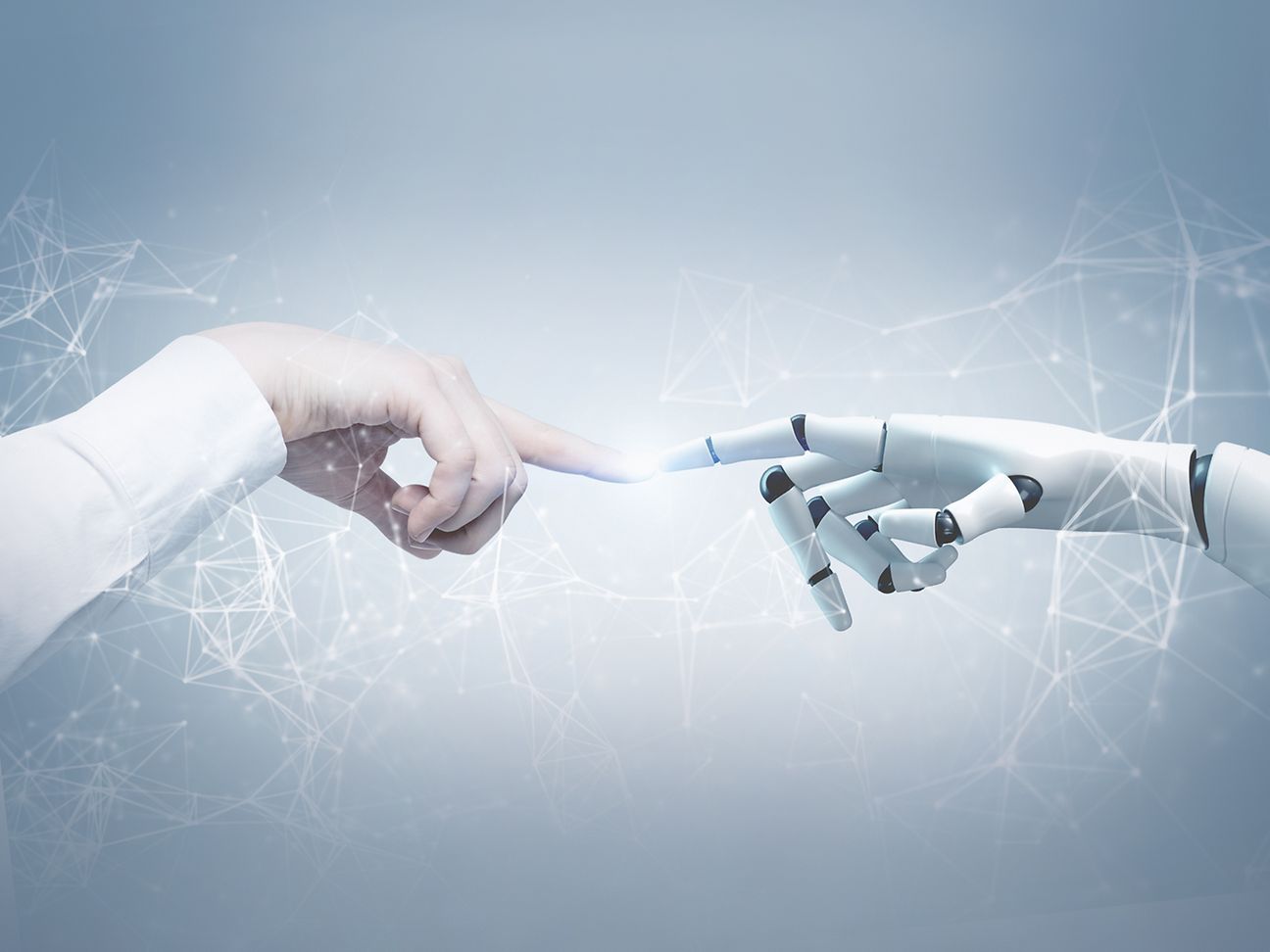Doing good digitally
Software that can detect illness in your voice, drones that fly on humanitarian missions and digital twins that help identify made-to-measure treatments. We would like to present a number of initiatives in which digital technology is being used to improve people's lives.
Your voice can betray signs of disease
Israeli company beyondverbal has developed a software package capable of recognizing early symptoms of heart disease and other ailments by simply analyzing your voice. It uses distortions in your voice to detect the early signs such illnesses as Parkinson's, autism and depression. Its voice analysis capabilities are still at an early stage of development. If it does turn out to work reliably, though, it would be a big step forward in early diagnosis of diseases. www.beyondverbal.com
Beating cancer together
Free app "Belong" can offer cancer sufferers and their loved ones an exchange platform that allows them to find information in a well-directed, tailor-made system. The app gives them access to experts available to answer their questions and they can also swap notes with a large network of other people in similar situations and manage their data via their mobile phones. The aim of the app is to provide an effective platform to help cancer sufferers fight the disease together. www.belong.life
Digital twins as lab guinea pigs
Future Health is the name given to the initiative started by Hans Lehrach of the Max Planck Institute for Molecular Genetics in Berlin. The specialist in human genetics came up with the idea of creating a computer twin of every human being and using it to try out drugs and therapies for later use on the real person. To drive on the digital twin project, Lehrach has already brought together more than 70 research institutes and businesses to apply for funding from the EU. www.futurehealtheurope.eu
Drones on humanitarian missions
Swiss non-profit organization Drone Adventures is recruiting drones to work in the cause of good. It has already used them to map the area devastated by Typhoon Haiyan on the Philippines, for example, to help improve relief aid coordination. In Namibia, footage taken by drones helps assess the current status of rare species. The organization's founders are keen to show that drones can be extremely valuable in civil applications, in protecting the planet and in providing support for local communities. The collected data are made available on open-source platforms to allow as many people as possible to use them for the common good. www.droneadventures.org
Online consultations for refugees
A great many refugees are suffering trauma but yet have no access to therapies to help them deal with it. German charity Ipso-care now provides intercultural psychosocial advice services online for people in Afghanistan and Haiti. Using video consultations, the charity provides support for people in difficult life situations – in real time and across the continents. ipso-care.com/home.html





